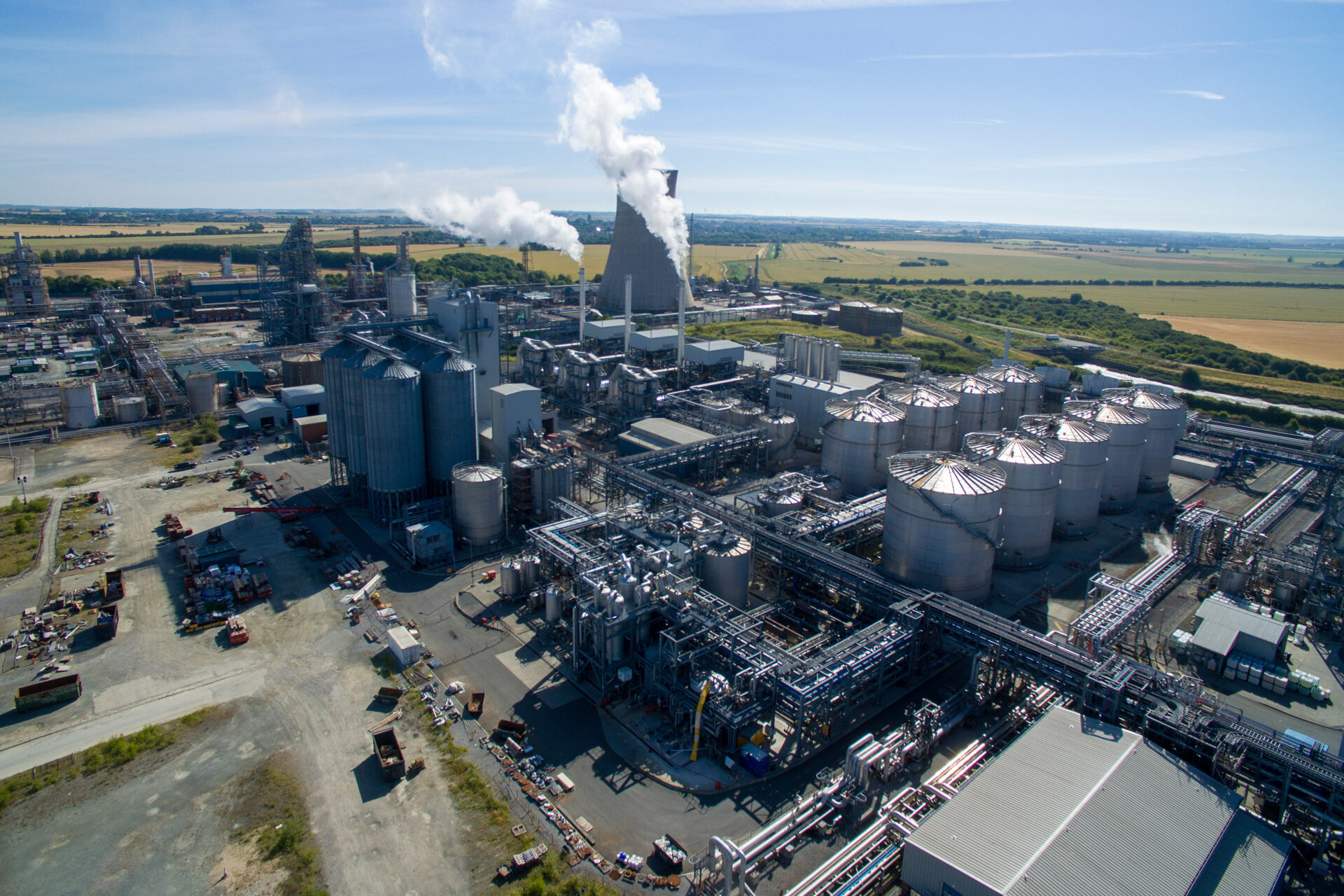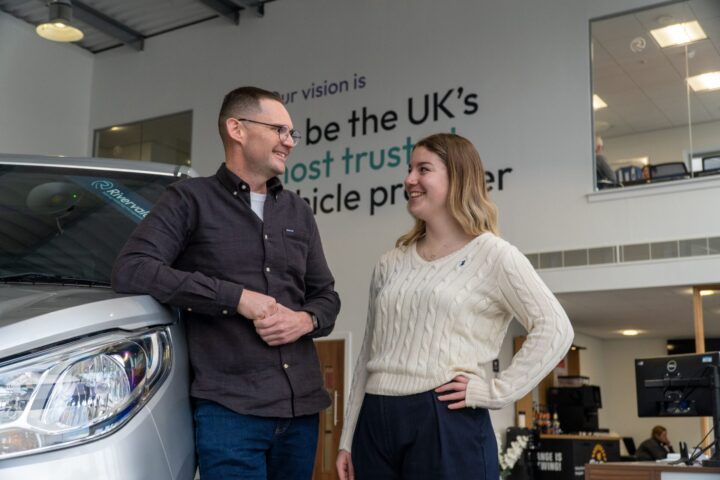A major training initiative has been launched to equip local people with the skills needed to work on the UK’s first prototype fusion energy power plant, which will be built at the West Burton site in Nottinghamshire.
The collaboration, led by the East Midlands Combined County Authority (EMCCA) and supported by the UK Atomic Energy Authority (UKAEA), will focus on delivering fusion-related training programmes, including apprenticeships and vocational courses.
The initiative has been specifically designed to support the Spherical Tokamak for Energy Production (STEP) programme, a project that aims to demonstrate the viability of fusion energy as a clean, secure and long-term power source.
In addition to supporting the STEP project itself, the new training collaboration is expected to strengthen the region’s growing fusion industry.
An Economic and Wider Impact Assessment commissioned by local authorities has forecast that the West Burton site could create 6,500 full-time jobs once fully operational.
This figure would represent 12.5% of all current jobs in Bassetlaw.
Around half of the construction jobs at the STEP Campus will require qualifications at Level 3 or higher, while nearly three-quarters of the permanent on-site roles are expected to demand Level 4 qualifications or above.
Fusion energy, which replicates the process that powers the sun, is widely regarded as the future of clean energy. With the Government investing a record £2.5bn into fusion development, the sector is set to generate thousands of jobs and position the UK as a global leader in fusion technology.
UKAEA said it is committed to training the next generation of British scientists and engineers to meet this challenge.
Nick Walkden, head of fusion skills at UKAEA and director of the FOSTER programme (Fusion, Opportunities, Skills, Training, Education and Research), described the collaboration as a critical step in ensuring the long-term success of the STEP initiative.
He said: “People are the most important element of any programme or project.
“We have listened and learned from other major research and infrastructure projects and believe that early and focused attention to local skills and workforce development will be essential.”
Paul Methven, CEO of UKIFS and Senior Responsible Owner of STEP, said the initiative will require a broad pipeline of talent.
He added: “Delivering STEP, and ultimately commercial fusion, will require skills in everything from STEM subjects to business operations.
“It’s essential that local people benefit directly from this once-in-a-generation opportunity.”
Claire Ward, mayor of the East Midlands, said: “Fusion energy is an exciting part of our energy future.
“But we’re making sure that future starts now by preparing our communities with the skills and opportunities they need.
“This is what inclusive growth looks like – creating sustainable, high-quality jobs and ensuring local people are the first to benefit.”














